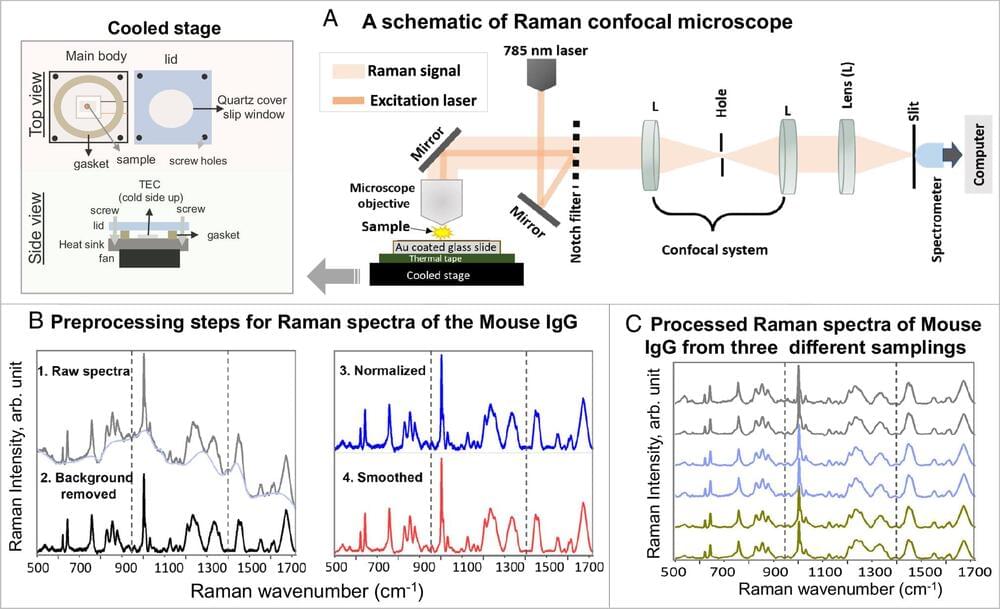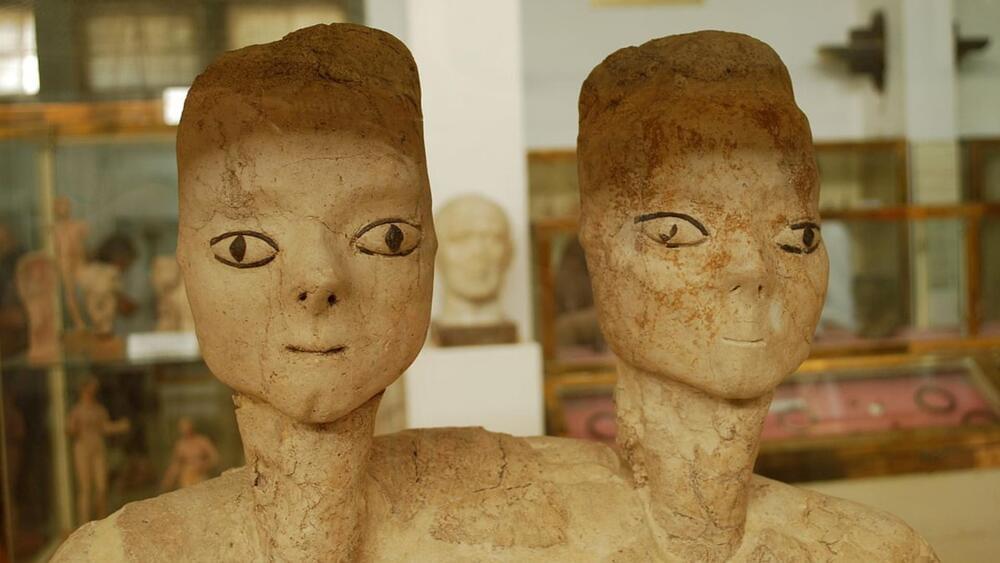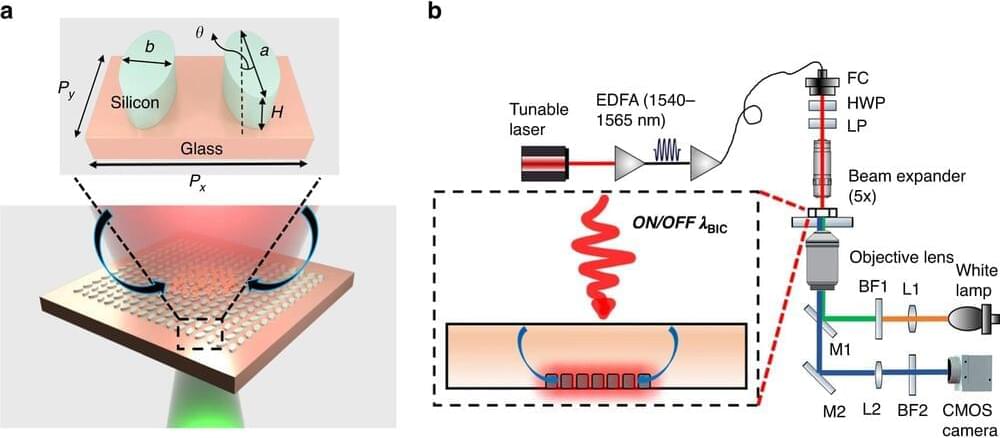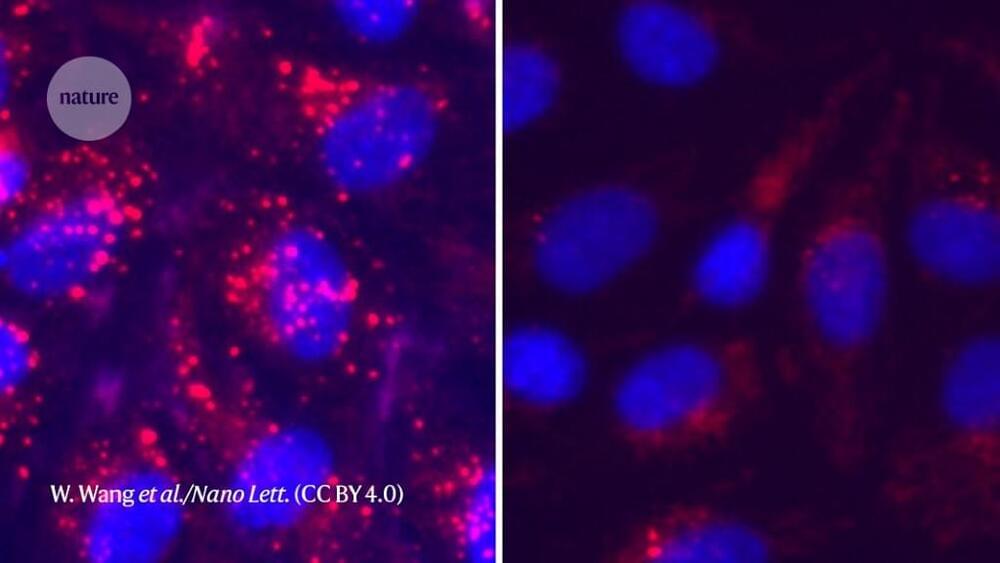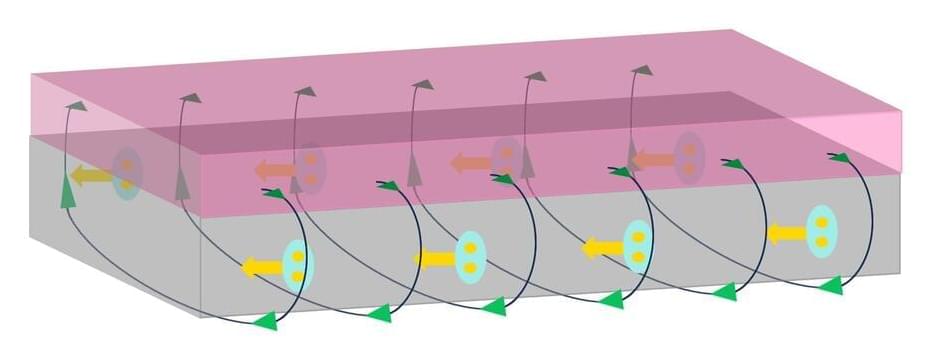This groundbreaking study, which was published as the cover article in the journal Science, not only sheds light on our evolutionary history but also paves the way for a future where physicians could more accurately assess a patient’s likelihood of suffering from ailments like back pain or arthritis later in life.
“Our research is a powerful demonstration of the impact of AI in medicine, particularly when it comes to analyzing and quantifying imaging data, as well as integrating this information with health records and genetics rapidly and at large scale,” said Vagheesh Narasimhan, an assistant professor of integrative biology as well as statistics and data science, who led the multidisciplinary team of researchers, to provide the genetic map of skeletal proportions.

